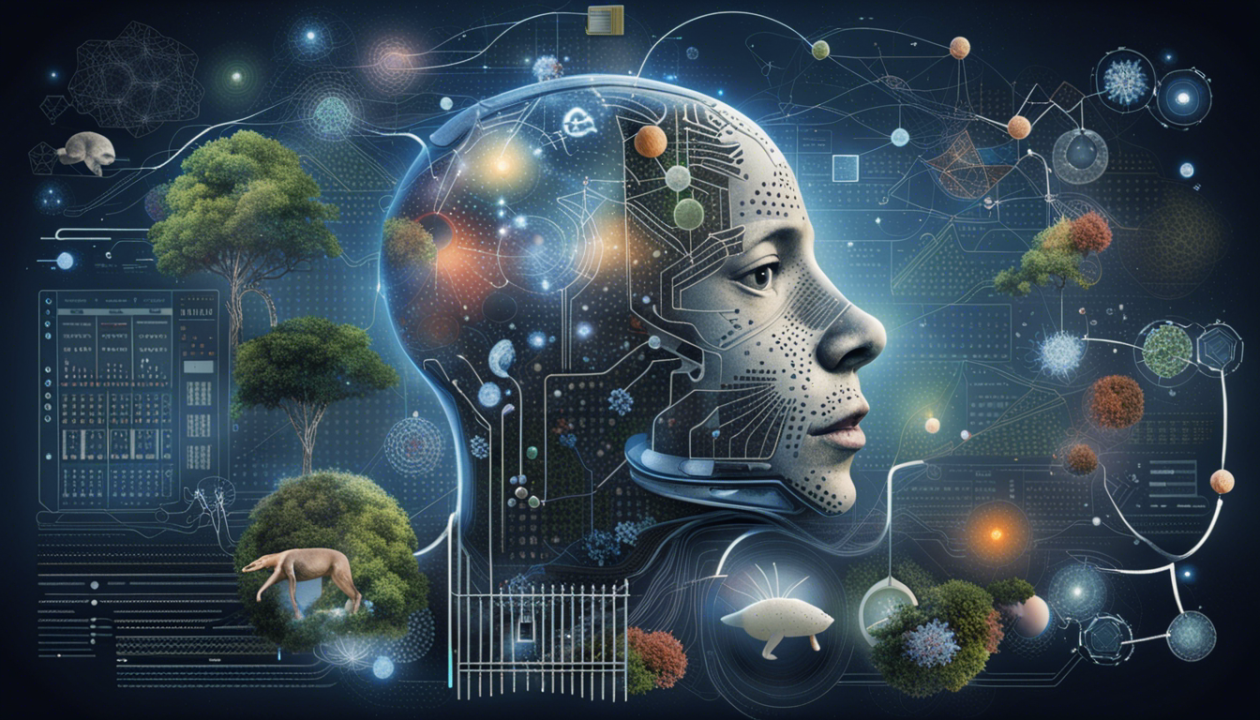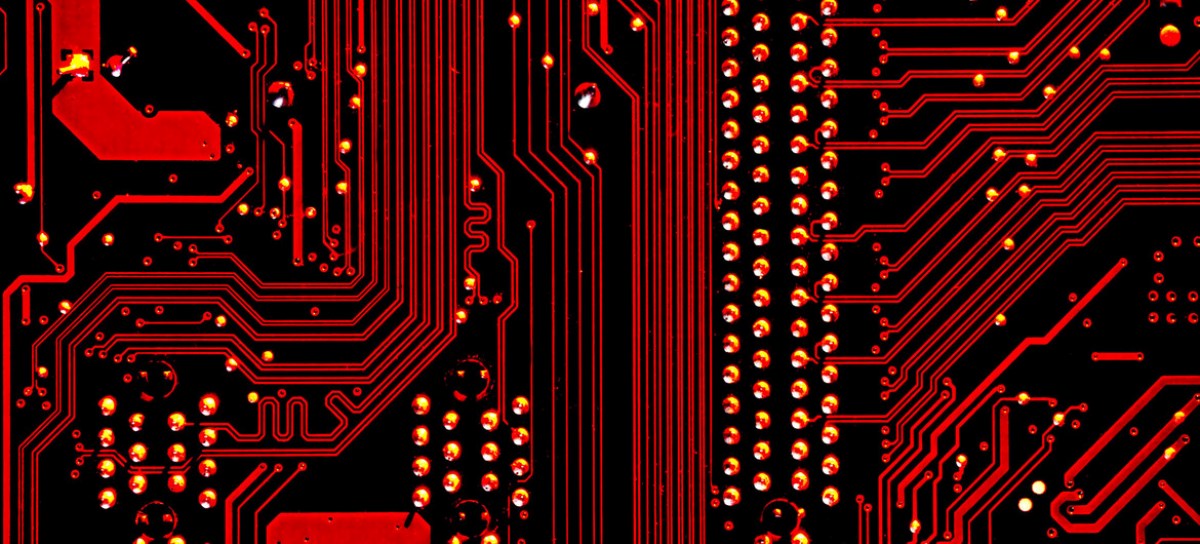The conversations over misuse of AI is not new, many reform makers, policy makers and CEO’s of prestigious companies have raised their issue stating AI’s potential threats, as well as its risk to human mankind. A famous technological geek, Elon Musk also talked about the threats of AI at ” Great AI Debate” seminar
 KRC TIMES Desk
KRC TIMES Desk

Dr Sunish Sharma
The debate over Artificial Intelligence (AI) and all possible damage it can do has accelerated in last few months. From ChatGPT to deepfakes to AI generated music, pictures and art forms, AI is everywhere in such a way that it becomes hard to identify real out of a fake. The conversations over misuse of AI is not new, many reform makers, policy makers and CEO’s of prestigious companies have raised their issue stating AI’s potential threats, as well as its risk to human mankind. A famous technological geek, Elon Musk also talked about the threats of AI at ” Great AI Debate” seminar in which he strongly ctricized AI by saying that the use of artificial intelligence has got a probable chance that it will end humanity. Musk also said that by 2030 the artificial intelligence will be smarter than the human race which is why there is need to be more careful about its threats and consequences.
Artificial Intelligence promises to replace the labor force and strengthen new types of knowledge, technology and has emerged out to be a time saver, but with that AI also alarmed its critical issues like unemployment, job displacements, security breach, loss of ethics and environmental issues. One of the famed investor and Berkshire Hathaway CEO, Warren Buffet also questioned the potentials of AI by comparing AI to the atomic bomb in terms of the risk of possible misuse. The misuse of AI is clearly visible in the form of Deep Fakes, AI generated songs and automated dubbed voice, which is not only unethical but AI is also intruding in the privacy of the human-kind.
In a recent survey conducted by McAfee cyber-security, it was found that deepfakes are highly prevalent in India. It was evident that over 75 per cent of Indians surveyed online in past few months have seen deepfakes and atleast 38% people have been targeted by a deepfake scam. Deep fakes were persistant in the web area but it got an attention after a short clip of actress Rashmika Mandanna went viral last year, in response to which our Prime Minister Narendra Modi also raised the concerns and suggested the people to be aware of the threats and potentials of artificial intelligence.
The AI-generated videos are also adding up into a mess of AI disadvantages, where recently in a fake videos of two bollywood actors viz Amir Khan and Ranveer Singh have gone viral where actors are seen criticizing Prime Minister Narendra Modi and were asking to vote an opposition party. The flourishing AI sector not only tried to ease the work of the stakeholders but also reflects the ambitions of the country. India is recognized as the ‘Global Economic Hub” and it aspires to stand at a Global position with a pivotal role of artificial intelligence but it becomes essential to assess India’s readiness, considering its regulations, infrastructure and public discussions.
The country is still facing a dilemma in maintaining the AI but still have managed to challenge it with some advisories to social media intermediaries(SMI’s) to identify and action, inter alia, deepfaked contents by advising the social media intermediaries(SMI’s) to excersice and make reasonable efforts to identify misinformation’s and deepfakes which are actioned under the IT rule, 2021. Google advocates for responsible AI use and has collaborated with IIT, Chennai to set up a think-tank which will be aiming at formulating policies and guidelines for responsible AI use. Despite the absence of law to regulate the misuse of AI, the Indian judiciary has still been successful in preventing the misuse of deepfakes, machine learning and AI generated face morphing.
The Government is trying its best in combating the evils of disruptive technological abuse, misuse of AI and existing laws regimes are sufficient to penalize and imprison impersonators. However, this is not a precise solution, for a decisive solution we all must know the pros and cons of AI and its SWOT analysis. This in turn will help in assisting and creating solutions to identify report and assess the degree of threat which will help in reducing AI’s misuse.
Advertisement | KRC Times






